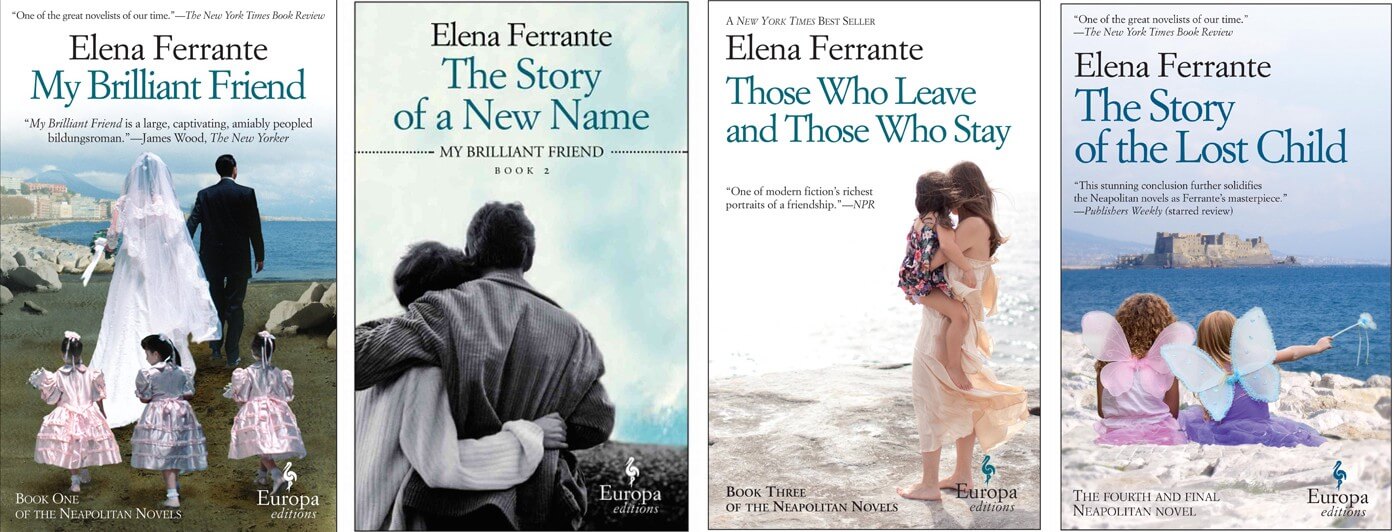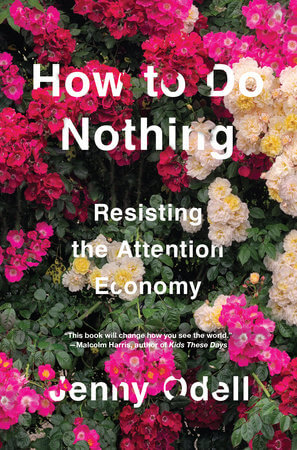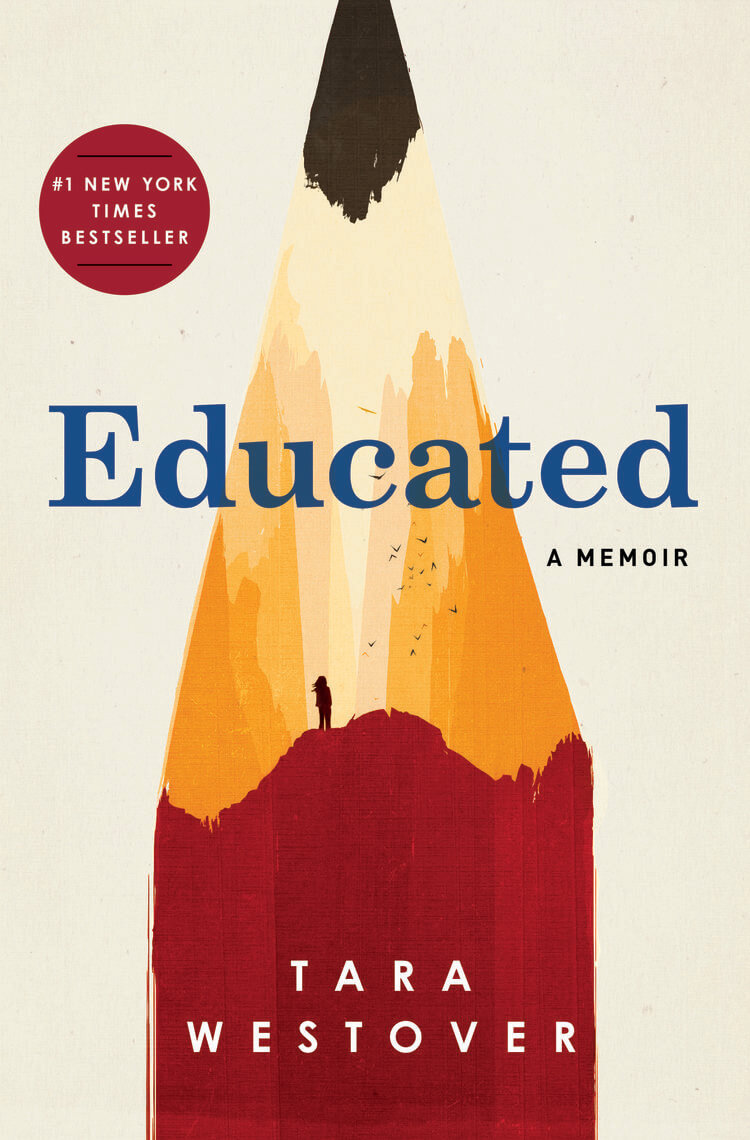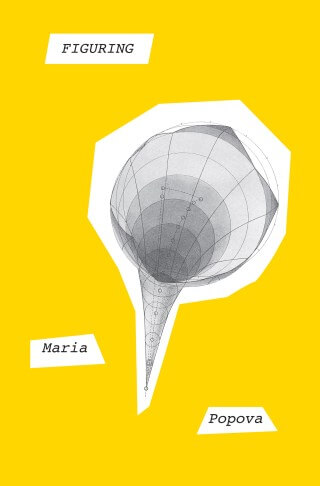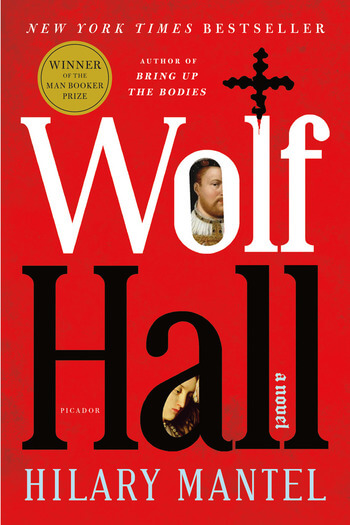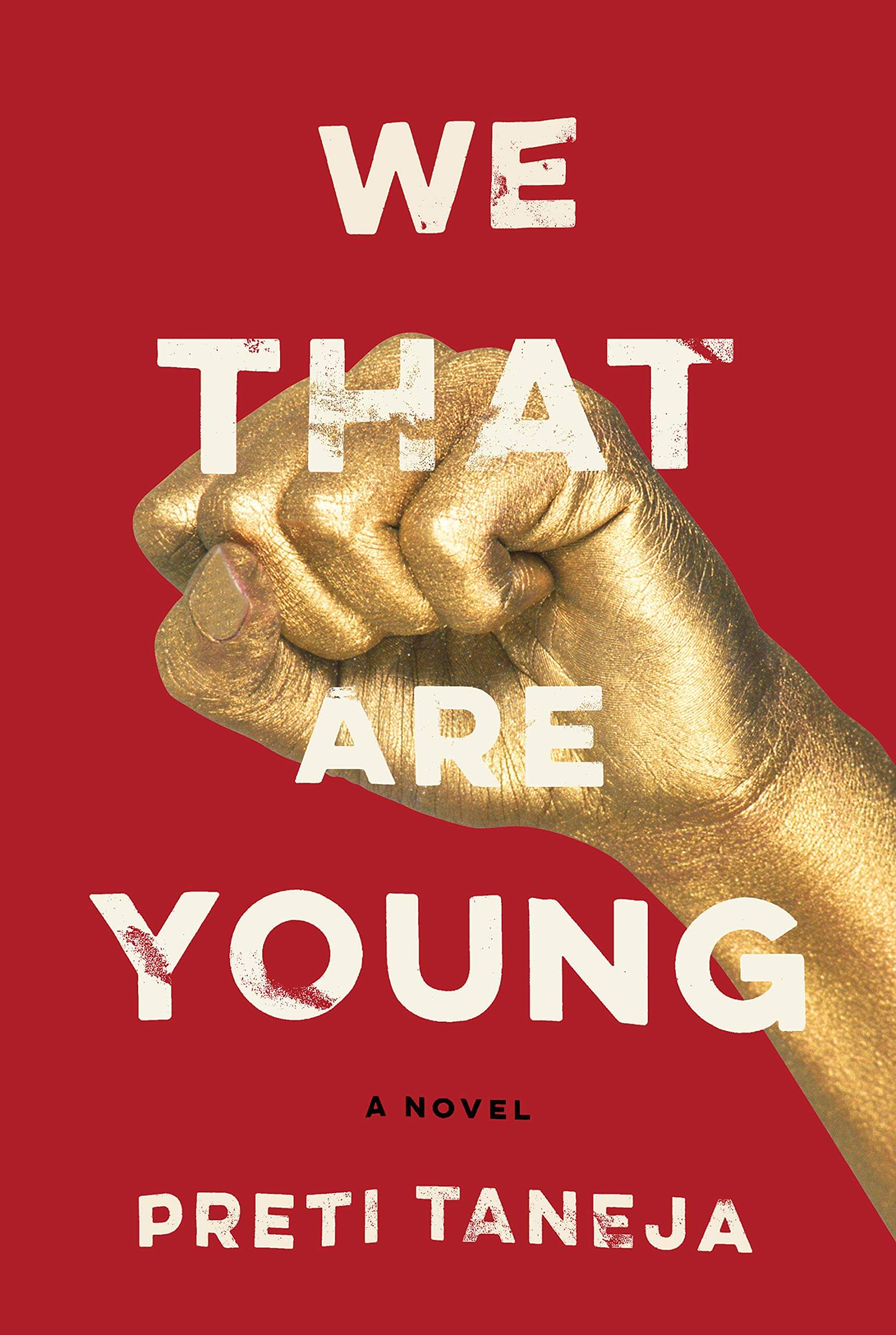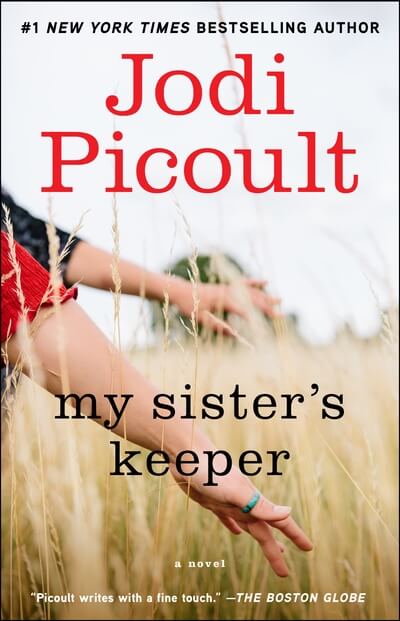Summer is finally here, and hopefully that means a little more time to kick back, relax, and read. So we at a16z compiled our biannual recommendations (you can see the last one here) of what to read. There are 64 total picks this summer, not including repeats (or books we authored, either;) and there are lots of extra recs buried within, too. From books on raising kids, to read/listen to with kids, and even recommended by kids, to recommendations that showcase diverse experiences (including repeats An Education and the Neopolitan Novels), this list has something for everyone.
*NEW: check out our picks for what we’re watching/listening to/playing, too!*
…from David Belden, executive talent team:
What Great Salespeople Do: The Science of Selling Through Emotional Connection and the Power of Story by Michael T. Bosworth and Ben Zoldan. “Previous sales books and methodologies (including books written by Mike Bosworth) were all focused on logic and process. This one focuses on selling via emotion and stories and is compelling so far!”
…from Matt Bornstein, enterprise team:
Book of the New Sun by Gene Wolfe. “Master work in the ‘dying earth’ genre, which is gaining new relevance today.”
…from Connie Chan, general partner, consumer team: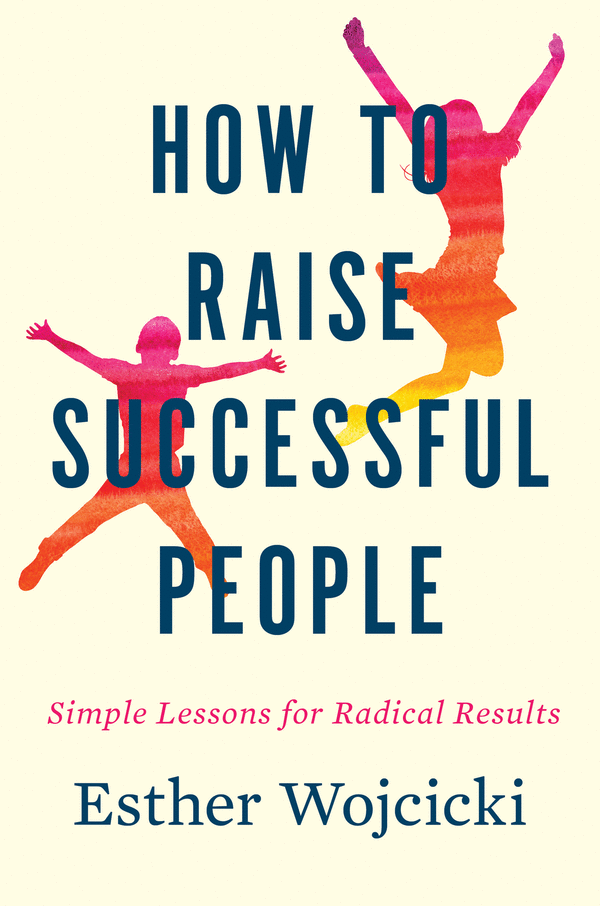
How to Raise Successful People: Simple Lessons for Radical Results by Esther Wojcicki. “A refreshing reminder to let kids blossom on their own timeline. Wojcicki shares her philosophy of letting children and teenagers make more of their own decisions.”
On Becoming Baby Wise: Giving Your Infant the Gift of Nighttime Sleep by Gary Ezzo and Robert Bucknam. “I’ve worked late and long hours at both an investment bank and a private equity firm, yet nothing prepares you for the sleepless nights of a newborn. I read this in preparation for having my second child and am glad I did. The main message is to try really really hard to get the baby on a schedule, and then forgive yourself when it doesn’t quite work out so perfectly.”
Hacking Growth: How Today’s Fastest-Growing Companies Drive Breakout Success by Morgan Brown and Sean Ellis. “This was recommended to me by a colleague who said it was one of the best books out there on growth, and it did not disappoint!”
…from Andrew Chen, general partner, consumer team:
Exhalation: Stories by Ted Chiang. “An amazing collection of short sci-fi stories from the Chiang 00 who also wrote ‘Story of Your Life’, which was turned into the blockbuster movie Arrival. These stories toy with familiar concepts like time travel, free will, robotic nannies — but all in incredibly fresh, new ways. Fun short reads!”
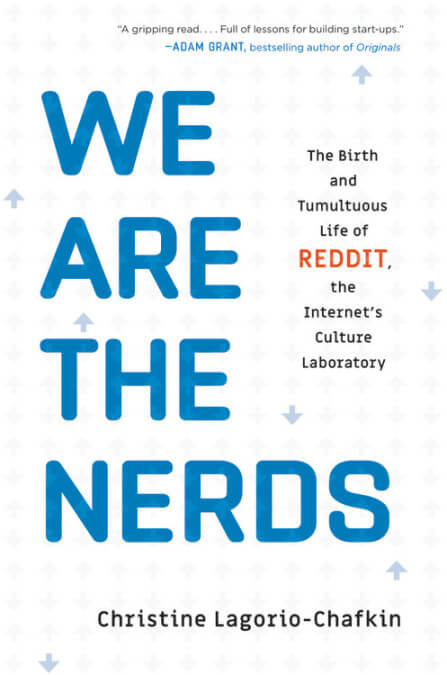 We Are the Nerds: The Birth and Tumultuous Life of Reddit, the Internet’s Culture Laboratory by Christine Lagorio-Chafkin. “Like many of you, I use Reddit daily; multiple times daily, in fact. Yet if you traced the path the company took from its inception to the vibrant community it is today, you’d see many sharp twists and turns along the way. This book provides the definitive story of Reddit: it’s beginnings, the people involved in the early years, why the company sold early to Conde Nast, how it was ultimately nurtured and brought back to life — becoming one of the world’s largest internet products today. It’s a fantastic backstory for one of the more surprising entrepreneurial journeys in tech over the past decade.”
We Are the Nerds: The Birth and Tumultuous Life of Reddit, the Internet’s Culture Laboratory by Christine Lagorio-Chafkin. “Like many of you, I use Reddit daily; multiple times daily, in fact. Yet if you traced the path the company took from its inception to the vibrant community it is today, you’d see many sharp twists and turns along the way. This book provides the definitive story of Reddit: it’s beginnings, the people involved in the early years, why the company sold early to Conde Nast, how it was ultimately nurtured and brought back to life — becoming one of the world’s largest internet products today. It’s a fantastic backstory for one of the more surprising entrepreneurial journeys in tech over the past decade.”
…from Frank Chen, operating partner, deal & research:
A Crack in Creation: The New Power to Control Evolution by Jennifer Doudna and Samuel Sternberg. “Fascinating firsthand account from one of the teams that discovered CRISPR, the biology of which is based on the ancient enmity between bacteria and viruses.”
Smart Business: What Alibaba’s Success Reveals about the Future of Strategy by Ming Zeng. “Alibaba has built the equivalent of Amazon, eBay, Fedex/UPS, PayPal, and Visa/MasterCard, through a blend of real and virtual assets. This book shares the fascinating stories behind how they did it.”
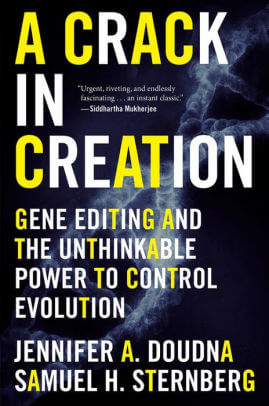 Stuff Matters: Exploring the Marvelous Materials That Shape Our Man-Made World by Mark Miodownik. “When you mix an expert passionate about their field; an ability to see with fresh eyes; and fantastic storytelling skills to connect to all kinds of readers, then this is the type of book you get. Join material scientists exploring the wonders of the everyday stuff we are all surrounded by: glass, concrete, steel… even chocolate.”
Stuff Matters: Exploring the Marvelous Materials That Shape Our Man-Made World by Mark Miodownik. “When you mix an expert passionate about their field; an ability to see with fresh eyes; and fantastic storytelling skills to connect to all kinds of readers, then this is the type of book you get. Join material scientists exploring the wonders of the everyday stuff we are all surrounded by: glass, concrete, steel… even chocolate.”
…from Sonal Chokshi, editorial team:
Range: Why Generalists Triumph in a Specialized World by David Epstein. “I grew up knowing lots of fellow children of immigrants who specialized early — whether in their hobbies or their careers — due to parental and societal pressures, so I am not sure they are happy with those choices. Apparently early specialization is the exception, not the rule, when it comes to happiness and success. And though I initially found this book’s claim somewhat counterintuitive, Epstein does a great job culling the research out there (trust me, I don’t like pop-sci books otherwise!), and makes a compelling (if self-affirming;) case for being a jack of all trades. While he draws on examples of leading athletes, artists, and scientists, surely this applies to all the podcasters out there, too?;) Because of course many makers can see ourselves in this book: It’s about those who dabble before they decide; those who got late starts (an obsession of mine! – c.f. ‘Darwin’s Delay’); and those who make connections across seemingly unconnected worlds.”
My Brilliant Friend; The Story of a New Name; Those Who Leave and Those Who Stay; and The Story of the Lost Child (Neopolitan Quartet) by Elena Ferrante. “I could not put these books down, and still can’t get them out of my head. I don’t think any description would do them justice, but here’s a stream-of-consciousness burst: If every one of us contains multitudes, then those multitudes are represented by the characters in this book. It’s like exploding out of yourself, a single entity, all the people inside you that made you who you are, were, will be, and want to be (or don’t). Ok. Now here’s the more conventional description: This 4-part series of coming-of-age novels takes place in post-war Italy, specifically Naples (hence “Neopolitan”). It’s a story not just of the two main female characters, but of an entire place coming of age too — as a small neighborhood grapples with choosing the future over the present, living with optimism despite constraints, and shifting towards capitalism over fascism. (There’s a lot on education and even a “learn to code” motif in here, too!) To describe this series as about female friendship though (it’s how friends described it to me so I didn’t bother to read it sooner) really limits the audience. Because the series is really about what it means to want more, at a mundane not just grandiose level; to grow beyond your roots, yet never belong anywhere else, either; and to recognize the feminine in the masculine, and vice versa (the main character even writes a treatise on this later in the series). In other words: the story is universal. The books also evoked for me a little Salman Rushdie’s Midnight’s Children and Min Jin Lee’s Pachinko, yet they are utterly unique and in a category of their undefinable own… and ohmygod, the writing! It’s also unique, and cuts and exposes layers deep inside the reader, which is why it really shouldn’t really matter who wrote the books.”
Infinite Powers: How Calculus Reveals the Secrets of the Universe by Steven Strogatz. This is by far the best non-fiction book I’ve read this year. I’m a huge fan of Strogatz’ work; his previous book The Joy of X remains one of the best books I’ve read that makes the complex simple and clear. And that’s the very theme of his new book Infinite Powers, which frames calculus as a method for bringing simplicity — not complexity — to solve problems across applications everywhere. Strogatz takes us through the Western history and evolution of calculus (he acknowledges the scope is limited in terms of covering Eastern history too), but it’s still a powerful narrative of how math (and therefore science and tech) evolve. I always struggled with math growing up (my lack of facility with mathematics was often described as a disease in my Desi family), but calculus was the one subject that I took to — to now understand it more broadly as the mathematics of change really took me to a new level of understanding. I wish this was how calculus was taught when I was in school.”
The Beak of the Finch: The Story of Evolution in Our Time by Jonathan Weiner. There are a lot of mainstream books out there on the theory of evolution, as well as on the people behind it, like Charles Darwin (my favorite is here) — but very few on evolution in practice, given the scope of how long things take to evolve. By examining Galapagos finches — and the scientists and evolving methods for studying them — Weiner offers an account of evolution across generations, not just ages. The thing I really loved about this book, though, is how it sparked for me lots of analogies to the startup ecosystem as well as of course the evolution of technology itself.”
…from Greg Clayman, technical talent team:
One of a King: The Rise and Fall of Stuey “The Kid” Ungar, The World’s Greatest Poker Player by Nolan Dalla and Peter Alson. “This biography — which was originally intended to be an autobiography — of Stu Ungar is a haunting, cautionary tale of the dark side that can come with being a prodigy. Ungar was the greatest gin player and one of the best poker players of all-time, yet no amount of money was enough; his desperate need for constant approval and instant gratification lead to his tragic downfall. Before reading the book I knew of his story (and have spoken to people who played with him and shared first-hand accounts of what he was like in his later years), but reading this cover-to-cover for the first time (on a flight!) almost had me in tears by the end.”
…from D’Arcy Coolican, consumer team:
The Master Switch: The Rise and Fall of Information Empires by Tim Wu. “Fascinating history of how information networks evolve from crude to polished products, hobbies to industries and, most importantly, from open to closed systems often controlled by a single company/cartel. And the entrepreneurs (or regulators) the eventually smash apart these closed systems. Extremely relevant and insightful given the inflection point we’re at for this generation of information networks.”
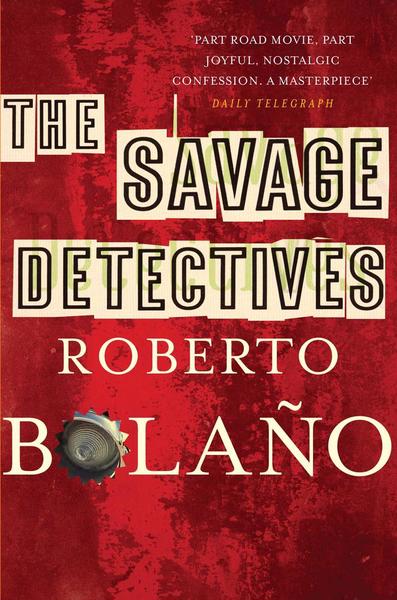 …from Jorge Conde, general partner, bio team:
…from Jorge Conde, general partner, bio team:
…from Joel de la Garza, operating partner, information security:
Dialectic of Enlightenment by Max Horkheimer and Theodor W. Adorno. “Helpful in understanding what the authors call ‘the culture industry’.”
…from Jack Donahoe, legal team:
The House of Morgan: An American Banking Dynasty and the Rise of Modern Finance by Ron Chernow. “Fascinating narrative of the origins of investment banking, as told through the lens of the original Wall Street superpower (JPM & Co). Incredible details and stories, and also deep insights, into how finance and global politics became so strongly bound together in the 20th century.”
…from Andrew Green, market development team:
Small Gods by Terry Pratchett. “Fun, whimsical satire in the vein of Douglas Adams and Kurt Vonnegut — but with a fantastical edge set in the author’s major narrative universe of flat planet ‘Discworld’.”
…from Amy Hoemeke, firm ops team:
How to Do Nothing: Resisting the Attention Economy by Jenny Odell. “This piece is a guidebook, or rather manifesto, to understanding your place in a world where there are infinite technologies vying for your attention. Although admittedly esoteric at times, it was refreshing, well-researched, and even humorous. The author is able to evoke a feeling of physical place and space in technology. Definitely a unique read!”
…from Farid Jiandani, market development team:
Trillion Dollar Coach: The Leadership Playbook of Silicon Valley’s Bill Campbell by Alan Eagle, Eric Schmidt, and Jonathan Rosenberg. “It’s the only book I’ve seen solely about Bill Campbell.”
…from Tanay Jaipuria, consumer team MBA intern:
How Asia Works: Success and Failure in the World’s Most Dynamic Region by Joe Studwell. “Very insightful yet accessible book which presents a compelling narrative of why certain East Asian economies such as China, South Korea, and Taiwan developed while others languished.”
…from Li Jin, consumer team: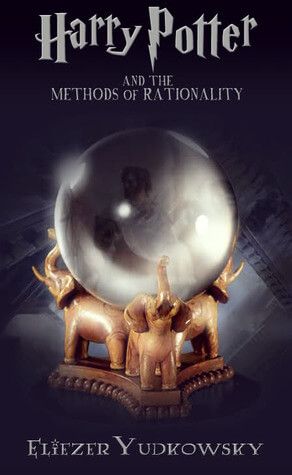
Harry Potter and the Methods of Rationality by Eliezer Yudkowsky. “Growing up, I was an avid consumer, and sometimes writer, of Harry Potter fan fiction (no shame: Draco + Ginny forever!). So when someone recently introduced me to this book — a rationalist fanfic take — I quickly became hooked after listening to a few episodes of the audiobook. Instead of growing up with the Dursleys, Harry is raised and homeschooled by Petunia Evans and her husband, an Oxford biochemistry professor, and learns about science. He enters the wizarding world armed with rationality and attempts to explain magic through the scientific method. It’s clever and surprising and hilarious.”
…from Jeff Jordan, general partner:
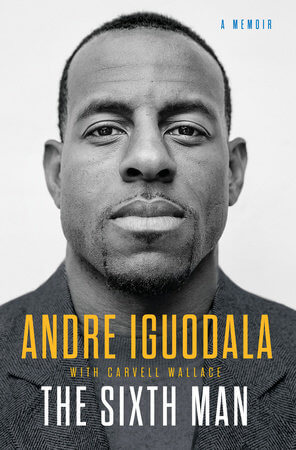 The Sixth Man: A Memoir by Andre Iguodala. “NBA star Andre Iguodala bills this as a memoir, which in itself is very interesting. But he also addresses a bunch of fascinating topics, including the opportunities and challenges of being a prominent African American athlete in the United States. A great read!”
The Sixth Man: A Memoir by Andre Iguodala. “NBA star Andre Iguodala bills this as a memoir, which in itself is very interesting. But he also addresses a bunch of fascinating topics, including the opportunities and challenges of being a prominent African American athlete in the United States. A great read!”
The Curse of Bigness: Antitrust in the New Gilded Age by Tim Wu. “I have enjoyed a number of Wu’s books, and this one is a really interesting take on the history of anti-trust in the United States. He argues that the U.S. hasn’t seen the current level of company concentration since the beginning of the ‘trust busting’ era that got underway during the administration of Teddy Roosevelt, and proposes potential solutions to this emerging ‘bigness.'”
American Kingpin: The Epic Hunt for the Criminal Mastermind Behind the Silk Road by Nick Bilton. “I am a huge fan of online marketplaces, and this book tells the story of a truly unique one — Silk Road. I was only mildly familiar with the story, so the book ended up being a page turner on how a young physicist from Texas with Libertarian leanings ended up building this notorious marketplace.”
…from Ridhima Ahuja Kahn, market development team:
A River in Darkness: One Man’s Escape from North Korea by Masaji Ishikawa. “This book provides a first-hand, chilling perspective of life in North Korea. Masaji was born in Japan to a Korean father and Japanese mother. At the age of 13, he moved to North Korea under the false pretense of a better life. Instead what follows is a raw, gut-wrenching series of challenges, one after the next, during his ~40 years living under a totalitarian regime and through his dangerous escape. Overall the book is troubling, but his resilience is inspiring.”
Educated: A Memoir by Tara Westover. “This is a captivating story about the author growing up in a rural Idaho family led by an extremist Mormon father who went far above the religious text to shelter his children from society, formalized healthcare, and any traditional education. It is a beautifully written story, which walks you through her journey from a childhood working 12-hour days in a dangerous junk yard with her father and brothers — to self-studying, being admitted into Brigham Young University at age 17, and obtaining a PhD from Cambridge several years later. The author exemplifies several traits I deeply value, especially resourcefulness, respect, and tenacity.”
…from Jennifer Li, enterprise team:
Originals: How Non-Conformists Move the World by Adam Grant. “A fascinating read on the social science behind entrepreneurship — and beyond. It’s about how non-conformists are born and helps you think about how to filter out biases and avoid group thinking. And this bit seemed especially true of the venture business: ‘The hallmark of originality is rejecting the default and exploring whether a better option exists’.”
…from Iva Messy, human resources partner:
Why We Sleep: Unlocking the Power of Sleep and Dreams by Matthew Walker. Eating well and working out are the best choices we can make for our long term health and well being. But sleep is also a critical component to that — as well as to our productivity. Getting 7-8 hours of sleep is an investment we should also be making in ourselves; rather than forgoing that extra hour or two of zz’s to <fill in the blank here>, why don’t we start looking at sleep as a competitive advantage?”
Heart: A History by Sandeep Jauhar. “As you can see, I tend to love health and wellness-related reads. I’ve always been fascinated by the heart, but unfortunately, cardiovascular disease is the leading cause of death.”
…from Beth Newman, executive talent team: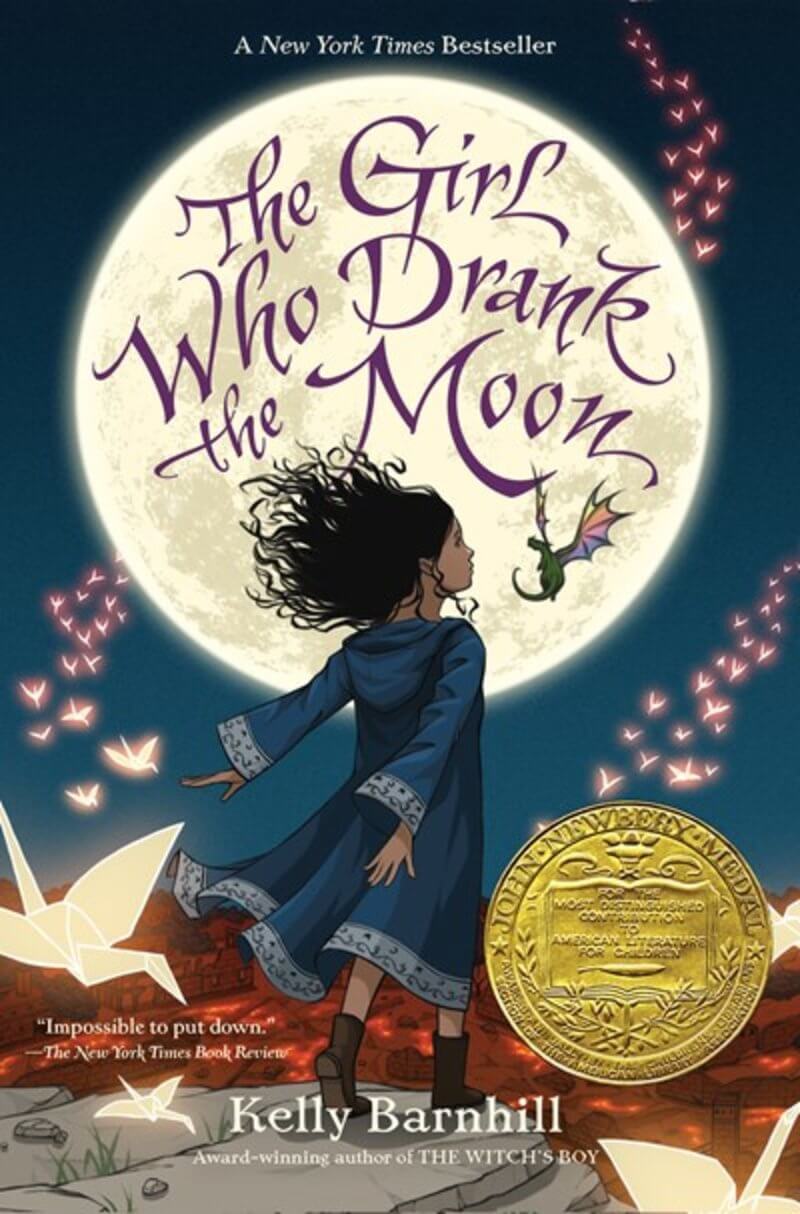
…from John O’Farrell, general partner:
Say Nothing: A True Story of Murder and Memory in Northern Ireland by Patrick Radden Keefe. “Even though I spent my teenage years in peaceful Dublin, with the bloody ‘Troubles’ in full swing only about 60 miles away over the border, I found this 2019 account of the Northern Ireland conflict highly informative. It’s also gripping, moving, sad, and even occasionally funny. Keefe weaves together intimate, personal narratives into a brilliant combination of detective story, insights into why some people turn to violence, and broader historical narrative. I listened to the audiobook version, which I highly recommend for the extra atmosphere.”
Working: Researching, Interviewing, Writing by Robert A. Caro. “Robert A. Caro’s four-volume biography of Lyndon Johnson is without qualification the best book I’ve ever read (I guess that’s another book recommendation hidden in here!). As we Caro/LBJ fans wait patiently for the fifth and final volume — praying that the 83-year-old author remains in good health — this just-published book (a combination of his previous writings and some new recollections) provides a little sustenance in year 7 of what’s likely to be a 10-12 year wait. Merely a morsel by Caro’s standards at a ridiculously short 207 pages, Working provides fascinating insights into the author, behind the scenes color of his books, and his methods over 60 years of an impressive career.”
…from Maya Rahkonen, communications team:
Educated: A Memoir by Tara Westover. “A phenomenal piece of writing paired with a harrowing tale. I listened to this on audiobook and had several ‘sit-in-the-driveway-until-the-chapter-is-over’ moments.”
…from Jay Rughani, market development team, bio:
Algorithms to Live By: The Computer Science of Human Decisions by Brian Christian and Tom Griffiths. “A series of surprisingly practical ways to make better decisions faster. When should you stop looking for the optimal parking spot? How should you triage your to-do list? The concepts in this book also turn out to be applicable to a broader range of real-life problems.”
…from Das Rush, editorial team: 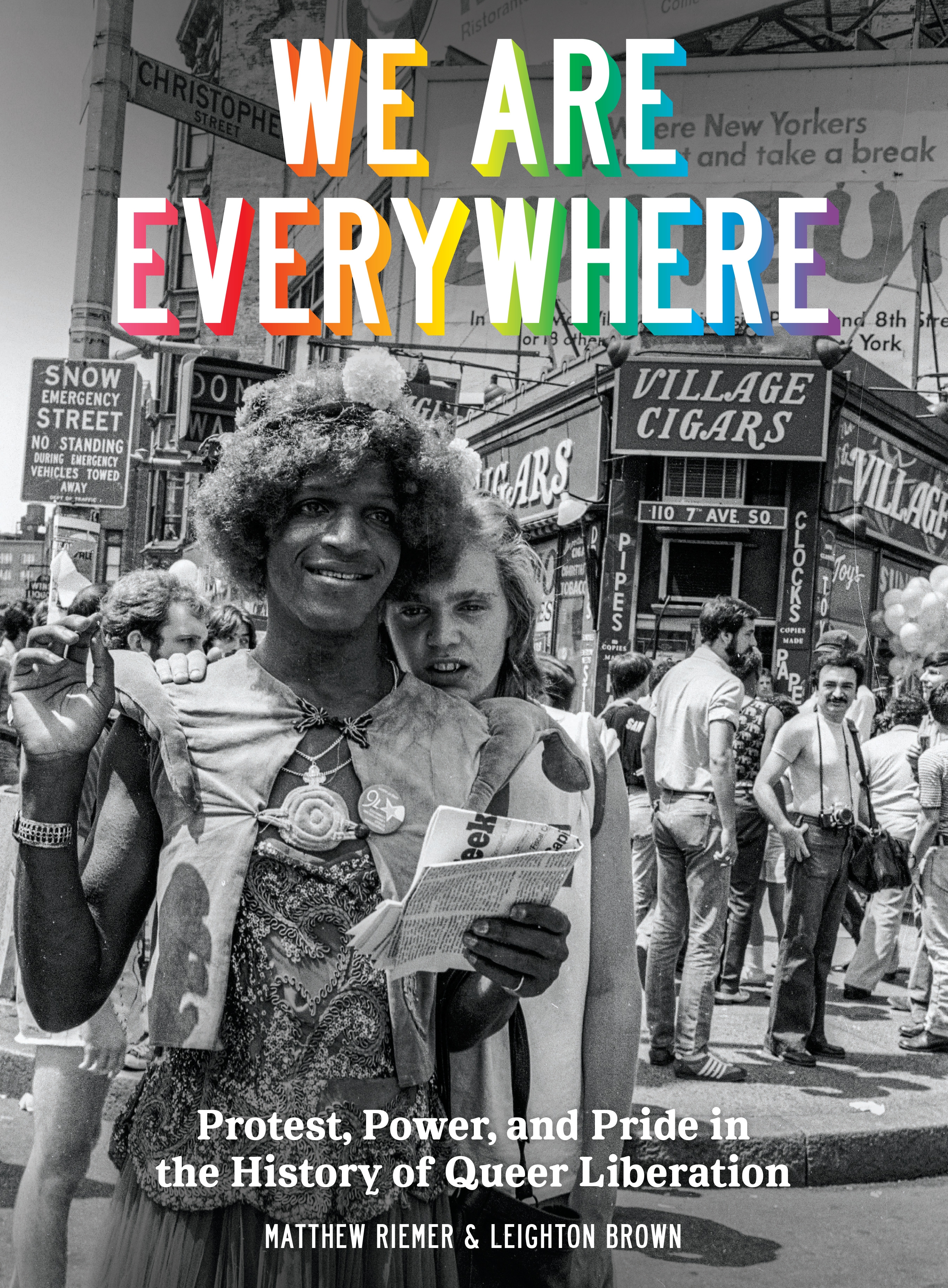
We Are Everywhere: Protest, Power, and Pride in the History of Queer Liberation by Matthew Riemer & Leighton Brown. “This summer marks 50 years since the Stonewall Riots in the Village of NYC — the watershed moment that started the modern LGBT rights movement. We Are Everywhere is a crowdsourced and often untold history of LGBT individuals in America. The book started with the author’s collecting a few photos and setting up a Twitter channel (@lgbt_history); they thought the channel would attract a few dozen followers, and instead it quickly reached hundreds of thousands of people. As the audience grew, so did the collection of photos and stories.”
Figuring by Maria Popova. “This is the first book from Maria Popova, who runs the brilliant website brainpickings.com which highlights the lives and philosophies of artists, writers, and scientists. The book culls Popova’s encyclopedic knowledge to explore the personal connections between historical figures grappling to find truth and meaning in art and science. From Johannes Kepler to Emily Dickinson, Ralph Waldo Emerson to Maria Mitchell, Figuring traces a fascinating lineage of the search for meaning in the modern world — and asks what it means to live a good life, and leave the world a little better than one found it.”
…from Amelia Salyers, editorial team:
Middlemarch by George Eliot. “My favorite novel, which I re-read every couple of years including this year. Set in a small British town going through lots of political and social upheaval in the 1830s, the story follows a large cast of characters — ultimately, though, it’s a story about the power and limits of empathy. I come away with something new every time.”
Wolf Hall by Hilary Mantel. “In the first novel of a trilogy on the life of Thomas Cromwell, the infamous advisor to Henry VIII, Mantel paints a picture of 16th-century England that feels both at once more real and gritty than any other historical novel I’ve ever read and more modern and relevant than most stories set in our present moment. After years of research, Mantel delivers a portrait of Cromwell as an actually pragmatic, thoughtful, and incredibly entrepreneurial man — he rose from nothing to building his own businesses, becoming the most influential advisor the king (quite unheard of in that point in history) — so it’s more nuanced than the traditional view of him as a villain. Once you read it, you will be thankful that there is a sequel, Bring Up the Bodies, that you can begin immediately, though will be annoyed at having to wait until next spring for the final book, The Mirror and the Light. Bonus: After reading Wolf Hall and Bring Up the Bodies, be sure to watch the BBC miniseries adaptation, which stars an insane lineup of British actors: Mark Rylance as Cromwell, Damien Lewis as Henry VII, and Claire Foy as Anne Boleyn.”
How to Change Your Mind: What the New Science of Psychedelics Teaches Us About Consciousness, Dying, Addiction, Depression, and Transcendence by Michael Pollan. “In classic Pollan fashion, this book is part-narrative nonfiction, part-memoir, and part-history of science, digging into one of our society’s biggest taboos, psychedelic drugs. While the Bay Area is synonymous with tech and Silicon Valley these days, this book serves as a good reminder of how there are other movements here that have shaped culture, science, and society.”
…from Nav Singh, firm ops team:
Kitchen Confidential: Adventures in the Culinary Underbelly by Anthony Bourdain. “The late, great culinary writer and chef Anthony Bourdain gives us a behind-the-scenes look at the restaurant industry. It’s a riveting memoir that also tells you what to look for — and what to avoid — when dining out.”
…from Judy Savitskaya, bio team:
Folsom Untold: The Strange True Story of Johnny Cash’s Greatest Album: An Audible Original Drama by Danny Robins. “I’ve always known Johnny Cash as an outlaw (and later, a reformed outlaw). Through the story behind his album ‘At Folsom Prison’, it was fascinating to learn how his persona was really a brand that he took a big bet on and hustled into existence. The book also dives into the lives of people orbiting him — and benefiting or suffering because of his stardom. I was also totally surprised by the quality of this Audible Original audiobook and will definitely go back for more.”
…from Steven Sinofsky, board partner:
The Company: A Short History of a Revolutionary Idea by John Micklethwait and Adrian Wooldridge. “What innovations led to the rise of corporations as incredibly powerful and influential elements of society? This 2005 book by writers for The Economist is a fast and easy read that goes far back and brings us to the modern-day corporation. It does not judge as much as inform — and that’s important in the current era of ‘anti-company’ in the opinion media.”
My Years with General Motors by Alfred P. Sloan, John McDonald, and Catherine Stevens. “Everyone should read this book. Sloan is in many ways the founder of modern management and operations. He was brought into a very young GM that was already sprawling and out of control, and after two years, found himself leading the company once the founder stepped down. This book defines so much of what a modern corporation became: pricing, distribution, forecasting, budgeting, and more. Sure, some of the details might seem archaic (or analog), but the concepts endure with high fidelity. This is a treatise of a generation. My all-time favorite.”
The Home Computer Revolution by Ted Nelson. “As part of a three-book series, I have been looking back at the rise of the personal computer. This book is by one of the pioneers — contributor, with Andries van Dam, to the first Hypertext system while at Brown. Nelson takes us through the first decade or so of the home computer: What was a computer? What could you do with one? Why? This is an era of tinkerers writing programs to do even the most basic things with a computer, like store something to a tape to use it later.”
The User’s Guide to Small Computers by Jerry Pournelle. “As part of the three-book series I’ve picked out for myself on the rise of the PC, this book is a tour de force of humor, cynicism, and candor about the earliest days of home computing. A look at the index for what is included (8088, BASIC, Adventure, dBase, Compupro, Osborne, Impact Printer, and 18 different text processors) and what is not (Gates, Jobs) gives an idea of the breadth of history covered in this one fast, fun, tight read.”
Planning a Computer System: Project Stretch (1962) by Werner Buchholz. “From the PC back in time to the mainframe, this book is an insider’s view on the creation of the IBM 7030 architecture which had the codename ‘Project Stretch’. Stretch was both a failure and a hugely critical and successful milestone. Before the IBM 360, Stretch was the first transistorized computer and the fastest computer in the world. So what is this book like? Well, there’s a whole chapter on whether to use decimal or binary. The 7030 had 169,000 transistors consuming over 20Kw of power, with a core memory of 262,144 words of 64 bits (16KB). It is a dense book filled with things most people know nothing about. But really how could you work in computer science and not at least try to grok what these people accomplished; mind blowing!”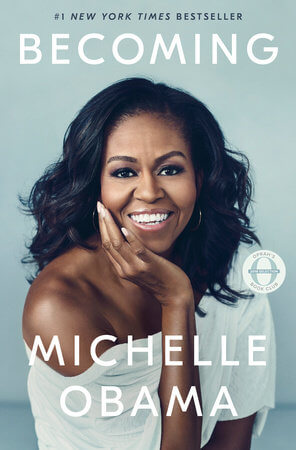
…from Flori Del Valle, administrative team:
Born a Crime: Stories from a South African Childhood by Trevor Noah. “This book is a touching and moving story about a boy growing up during and after apartheid. It made me laugh, it made me cry, and it inspired me to be the best person/mother I can be. It was truly life-changing and teaches you the importance of stepping out of the lane that society places you in.”
Becoming by Michelle Obama. “Michelle Obama’s biography read like fiction — I had to keep pinching myself as a reminder that her story and journey to the White House really happened!”
…from Aparna Verma, editorial intern:
We That Are Young by Preti Taneja. “This is an amazing re-imagining of the classical King Lear play through a contemporary lens. Set in India, Taneja brings to light subtle undercurrents within the play that I never noticed before, making it so much more complicated. The book is much more than a re-telling of King Lear though: It tackles modern problems and showcases nuances, from familial expectations vs. free will, to female empowerment. And the prose is so breathtaking at times. Highly-recommend!”
The Elephant Vanishes: Stories by Haruki Murakami. “Murakami is a really weird and gifted writer, and this collection of short stories is just one portrayal of the wild ramblings of his imagination. The prose is haunting, the stories are troubling (and sometimes funny) — but most of all, there’s this underpinning of tense human desire. It’s a book that will definitely make you sit there, pages open, and think.”
The Graveyard Book by Neil Gaiman. “Gaiman is one of my favorite authors of all time because his imagination is off the chain. His books are strange and dark and funny (thanks to that dry British humor). This book is particularly special because Gaiman got the idea when his son, then a kid, was biking around a graveyard. He didn’t understand the gravity of the place he was in, and was just having fun in a world of his imaginings. So Gaiman took that image and made this book. It’s a great book to read with kids, but also reminds adults of the child within all of us.”
The God of Small Things by Arundhati Roy. “Roy just hits you with this novel. From her prose to her characters to the beautiful setting of the river and the historical backdrop of Communist uprisings in India. Sometimes, it pains you to see what happens to the characters. It’s definitely not a book for the weak-hearted but there’s definitely a glimmer of hope at the end of the tunnel.”
…from Daljeet Virdi, firm ops team:
Operating Manual for Spaceship Earth by Richard Buckminster Fuller. “I only recently discovered Fuller. He operated completely outside of institutional environments, and most people who talk today about things like post-scarcity, abundance, leisure-society can all be traced back to Fuller. His output was furious: more than 30 books of really weird writing, a lot repetitive but also modern techno-optimism.”
Science, Strategy and War: The Strategic Theory of John Boyd by Frans P.B. Osinga. “Boyd is considered as one of the best military strategists in the world outside of Sun Tzu; yet outside of the U.S. military, he remains relatively unknown. If you have heard of the OODA (observe-orient-decide-act) loop, he was responsible for that. He built a startup-like environment inside the military as he disrupted the Pentagon.”
…from Margit Wennmachers, operating partner, marketing team:
Resistance by Jennifer S. Nielsen. “A great read about World War II; gripping and a wonderful listen on a mother-daughter road trip. The hero is a 13-year-old girl who joins the resistance in Poland.”
My Sister’s Keeper by Jodi Picoult. “Another great mother-daughter read! A compelling story of a serious moral quandary — told from a pre-teen’s perspective — listening to it with my kid sparked lots of profound questions around life, death, obligation, and more.”
Neapolitan Novels by Elena Ferrante. “Finally read this set from start to finish during a much-delayed trip. You’ll know more about relationships between women from these books than can fit in a lifetime.”
…from Julie Yoo, bio team:
Lexicon by Max Berry. “This novel deals with the notion of whether or not there is a universal language, and touches people at the core.”

